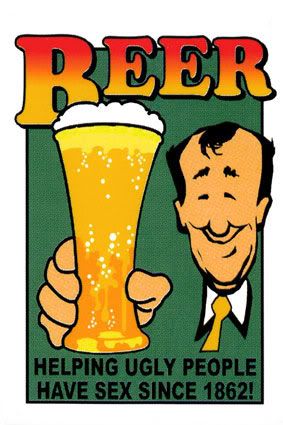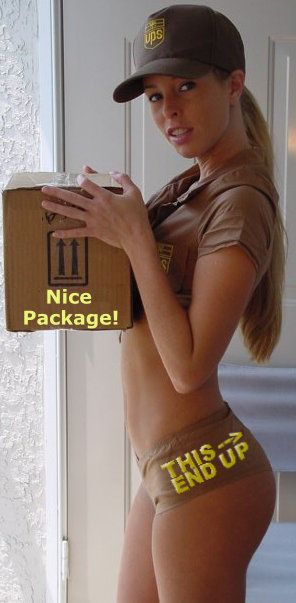
— The judge in Phil Spector's murder trial said Wednesday he will not give jurors the option of finding the record producer guilty of a lesser charge than second degree murder in order to help them break their impasse on a verdict. "It's not so much the words, it's basically the timing when they've reached an impasse," said Superior Court Judge Larry Paul Fidler.
Fidler then discussed other courses of action with attorneys and polled the jury panel again to clarify what was giving them trouble. Some jurors indicated it was the issue of "guilty beyond a reasonable doubt" that was tripping a few of them up and said they needed further instructions on the difference between "doubt" and "reasonable doubt."
The jury was sent on a lunch break and told they would meet again with the judge and lawyers after 1:30 p.m. PDT (4:30 p.m. EDT).
Fidler, citing the facts of the case, ruled earlier in the trial that the jury would only consider the charge of second-degree murder and not any so-called lesser included offenses.
But on Tuesday, Fidler changed course, saying he would consider downgrading the charge because jurors reported a 7-5 impasse following seven days of deliberations. He sent them home overnight and told them to return on Wednesday at 10 a.m. PDT (1 p.m. EDT). Fidler and the lawyers in the case met first.
Spector's defense team vigorously opposed the lesser-charge option to help jurors break their deadlock. Prosecutors argued for it.
When the impasse was reported, Fidler told the lawyers he had found a precedent in a California Supreme Court ruling that might require him to give the jury a lesser option. In the end, though, he decided that it was "inappropriate" because it was "basically directing them" that manslaughter was what they should find Spector guilty of.
Spector, 67, a music legend, is charged with murdering actress Lana Clarkson in his Alhambra mansion on Feb. 3, 2003, a few hours after she met him at her job as a nightclub hostess and went home with him.
The defense maintains Clarkson, 40, was depressed and shot herself in the mouth either on purpose or by accident.
The jury foreman, a 32-year-old civil engineer, told the judge on Tuesday that he saw little hope of resolving the impasse and indicated jurors were in disagreement about facts in the case, not about the law.
"I believe it comes down to the individual jurors' conclusions that are drawn from the facts," said the foreman. "At this time I don't believe that anything else will change the positions of the jurors, based on the facts that are in evidence."
He said the panel had taken four votes before reporting the deadlock.
However, three jurors suggested that rereading jury instructions on the question of reasonable doubt might help. One juror asked for an explanation of "the difference between reasonable doubt and doubt."
The judge, clearly troubled by the prospect of a hung jury after five months of trial, told jurors he might give them some new instructions, or even have attorneys reargue part of the case.
A lesser charge could have made the decision vulnerable to an appeal, legal scholars said.
Before interviewing the jury, the judge asked attorneys outside jurors' presence for arguments about how existing jury instructions might be restated to aid the panel in deliberations — which were suspended after the impasse was reported Tuesday.
"We'd all like this case to get resolved," Fidler told the attorneys.















No comments:
Post a Comment